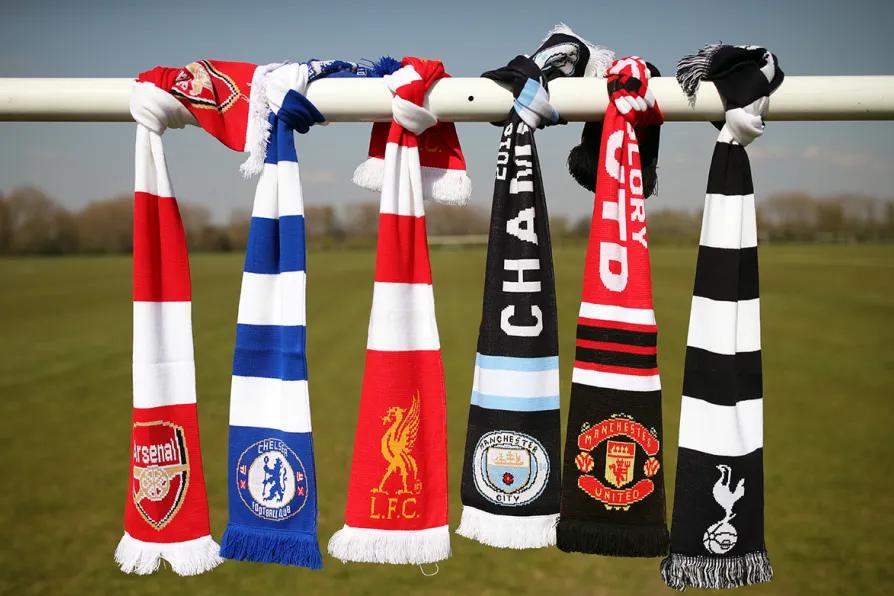The fight for a real say is what unites supporters
Though their demands vary, Big Six supporters are united in wanting greater control of their clubs. Achieving this for the long term could be the only benefit of the scuppered Super League, writes JAMES NALTON


A PERIOD of protest has shaken English football as demonstrations of supporter strength have occurred across the country.
Momentum has been built on the back of the scuppered Super League proposals which showed what can be achieved through collective fan action.
Demonstrations, dissent and dialogue have come in various different forms, but there have been common themes throughout which could provide at least some encouragement for the future of top-level football in England.
Similar stories

STEVEN ANDREW welcomes a fine introduction to FC United of Manchester, the team set up in opposition to Manchester United

A new front in the fight for football’s soul is emerging — one rooted in trade union values and collective power

Thousands marched against club owners at Old Trafford on Sunday











